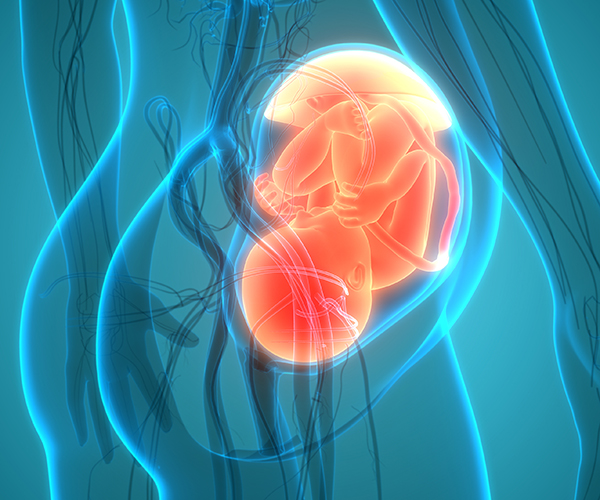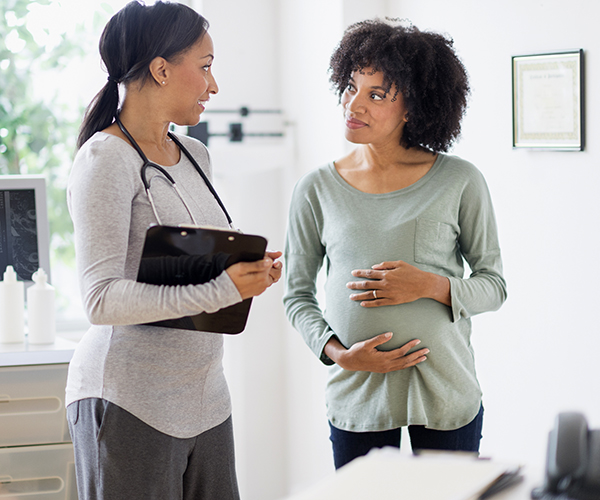Using Ultrasound to Predict Placental Dysfunction

- Principal Investigators: Alfred Abuhamad, M.D., and George Saade, M.D.
- Organizations: Eastern Virginia Medical School, Norfolk, Virginia, and University of Texas Medical Branch, Galveston, Texas
- Research Focus: Using ultrasound to evaluate human placenta
Learn more about using ultrasound to predict placental dysfunction later in pregnancy.
Laying the Foundations of Placentomics

- Principal Investigators: Wendy Robinson, Ph.D.
- Organizations: University of British Columbia; University of Alberta; University of Lethbridge; McGill University; Institut national del la recherche scientifique
- Research Focus: Placentomics
Learn about foundational placentomics research.
Preparing for RNA-based Placental Diagnostics

- Principal Investigators: Margareta Pisarska, M.D.
- Organizations: Cedars-Sinai
- Research Focus: Determining the microRNA transcriptome throughout gestation and across sexes
Learn about RNA-based placental diagnostics.
Using Placentomics to Understand Term and Unexplained Preterm Birth

- Principal Investigators: Helen Jones, Ph.D., and Priyanka Baloni, M.D.
- Organizations: University of Florida and Institute for Systems Biology
- Research Focus: Using omics to reveal molecular mechanisms involved in term and unexplained preterm births
Learn about the role of placentomics in understanding term and preterm birth.
Predicting Pregnancy Outcomes Through DNA Screening

- Principal Investigators: Sherin U. Devaskar, M.D., Carla Janzen, M.D., Ph.D., Kyung Hyun Sung, Ph.D., and Fang Wei, Ph.D.
- Organization: University of California, Los Angeles (UCLA)
- Research Focus: Findings from UCLA researchers on using cell-free DNA/RNA screening and other innovative diagnostic techniques to predict adverse pregnancy outcomes
Learn about prenatal cell-free DNA/RNA screening.
Modeling Preeclampsia Using Stem Cells

- Principal Investigators: Mana Parast, M.D., Ph.D., and Mariko Horii, M.D.
- Organizations: University of California, San Diego
- Research Focus: Using stem cells to understand maternal-placental cell interactions and pregnancy complications from preeclampsia
Learn more about research using stem cells to model preeclampsia.
 BACK TO TOP
BACK TO TOP